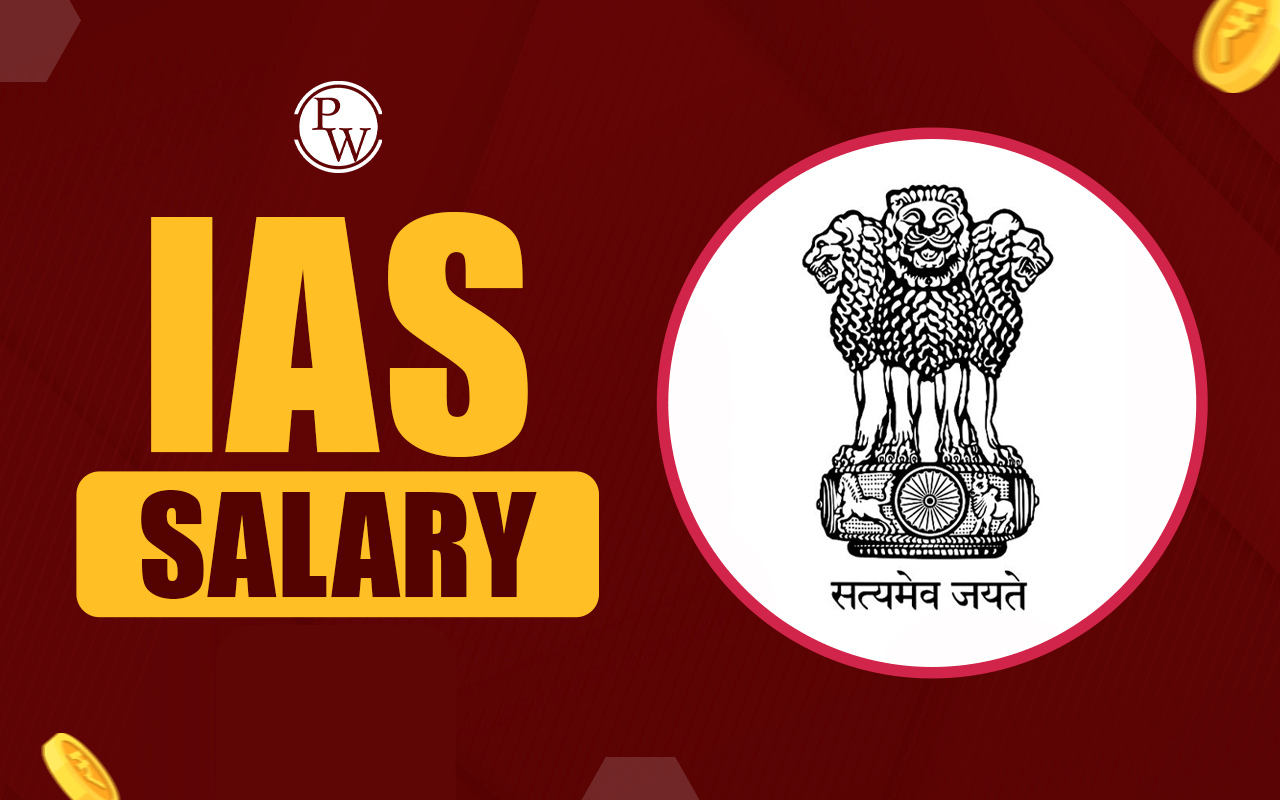
Swami Vivekananda was a Hindu monk, spiritual leader, and one of the most influential thinkers of modern India. He played a central role in introducing Indian philosophies of Vedanta and Yoga to the Western world, and significantly influenced the revival of Hinduism in India during the 19th century.
His thoughts, teachings, and life journey continue to inspire students, youth, and reformers across the world. Read on to learn about his biography, teachings, contributions, and legacy as we approach the Swami Vivekananda Death Anniversary 2025.
Swami Vivekananda Death Anniversary 2025
Swami vekananda's death anniversary is observed on 4 July, marking 123 years since his passing. He left the world at a very young age of 39, at Belur Math, near Kolkata, in 1902. On this solemn day, people across India remember his spiritual contributions, read his speeches, and participate in events that promote his teachings.
Schools and universities conduct essay competitions, seminars, and prayer meetings to honour his legacy. Despite his death at a young age, he had achieved more than most do in a lifetime. He had predicted he would not live beyond the age of 40 and had fulfilled his spiritual mission by then. His teachings still live on through the Ramakrishna Mission and other spiritual institutions.
Swami Vivekananda Birth Anniversary
Swami Vivekananda was born on 12 January 1863 in Kolkata (then Calcutta). His birth anniversary is celebrated as National Youth Day in India every year. This day aims to inspire the youth of India to follow his ideals of courage, patriotism, and spiritual growth. Swami Vivekananda's Birth Anniversary is a reminder of his call to the youth: “Arise, awake, and stop not till the goal is reached.”
Swami Vivekananda Biography
Swami Vivekananda was born as Narendranath Datta in a respected Bengali family. His father was a lawyer, and his mother was deeply spiritual. This balance of intellect and faith shaped his personality. From a young age, he showed a deep interest in spirituality, philosophy, and social issues.
He met Sri Ramakrishna Paramahamsa, his spiritual guru, in 1881. This meeting transformed his life. After Ramakrishna’s death, Narendranath became Swami Vivekananda and took vows as a monk. He travelled across India, experiencing poverty, caste discrimination, and the spiritual energy of the country. Here is a brief overview of the biography of Swami Vivekananda:
| Swami Vivekananda Biography - Overview | |
| Name | Narendranath Datta |
| Birth | January 12, 1863, Calcutta (now Kolkata), India |
| Father | Vishwanath Datta, Attorney at Calcutta High Court, rationalist |
| Mother | Bhuvaneshwari Devi, Homemaker, deeply religious |
| Early Education | Metropolitan Institute (1871), Presidency College (1879), Calcutta |
| Spiritual Guru | Ramakrishna Paramahamsa |
| Adopted Name "Vivekananda" | Given by Raja Ajit Singh of Khetri before the 1893 Chicago trip |
| Major Event | Speech at World’s Parliament of Religions, Chicago (1893), gained international fame |
| Philosophy Advocated | Vedanta, Universal oneness, Service to humanity, Humanism |
| Key Organizations Founded | Ramakrishna Math and Ramakrishna Mission (1897), headquartered at Belur Math, West Bengal |
| Core Teachings | Self-realization through service, yoga, bhakti, atman, maya, rational spirituality |
| Legacy Sites | Vivekananda Rock Memorial, Kanniyakumari |
| Global Reach | Over 200 centers of Ramakrishna Mission in 20+ countries |
| Death | July 4, 1902, near Calcutta |
Swami Vivekananda Teachings
Swami Vivekananda’s teachings were based on Vedanta, service to humanity, and national pride. He believed religion should unite people and not divide them. Here are some key teachings of Swami Vivekananda:
-
Self-belief: He encouraged the youth to believe in themselves. “You are the creator of your destiny,” he said.
-
Service to others: He taught that “service to man is service to God.” He believed true spirituality lies in helping the poor and the suffering.
-
Universal tolerance: Vivekananda promoted interfaith harmony. He respected all religions and believed in the unity of all.
-
Education for all: He supported education that builds character and confidence. He wanted an education system rooted in Indian values.
-
Spiritual strength: He urged people to develop inner strength through meditation and self-control.
These teachings remain relevant even today in building a strong, united, and confident nation.
Contribution of Swami Vivekananda
Swami Vivekananda made several lasting contributions to Indian society, religion, and global awareness of Indian philosophy. His major contributions were:
-
Founded Ramakrishna Mission (1897): It focuses on education, health, disaster relief, and rural development.
-
Revived Hinduism: He helped the world see Hinduism as a tolerant, rational, and spiritual faith.
-
Global recognition: He brought Indian spirituality to the Western world through his speeches and writings.
-
Inspired the Indian freedom struggle: Leaders like Subhas Chandra Bose, Bal Gangadhar Tilak, and Mahatma Gandhi admired him.
-
Empowered the youth: He gave Indian youth a voice and purpose. His words continue to ignite minds today.
Legacy of Swami Vivekananda
Swami Vivekananda's legacy lives on in multiple ways. His thoughts continue to influence leaders, students, and reformers across the world. His birth anniversary (12 January) is celebrated as National Youth Day every year in India to inspire youth. Swami Vivekananda's works, like “Karma Yoga”, “Raja Yoga”, and “Lectures from Colombo to Almora”, are still widely read.
Ramakrishna Mission and Math, which were established by him, continue to serve people across India and abroad with schools, hospitals, and spiritual centres. In his honour, the Vivekananda Rock Memorial is built at Kanyakumari.
Swami Vivekananda taught us to rise above caste, religion, and social boundaries. He wanted India to stand strong, educated, and morally rich. His life reminds us that true power lies in courage, compassion, and faith.
Explore PW UPSC Courses and begin your journey towards civil services with the right guidance and support!
Swami Vivekananda FAQs
When is Swami Vivekananda death anniversary in 2025?
What was Swami Vivekananda's original name?
What did Swami Vivekananda do at the Chicago Conference?
Why is Swami Vivekananda a role model for youth?
What was the core idea of Swami Vivekananda teachings?

UPSC Coaching






